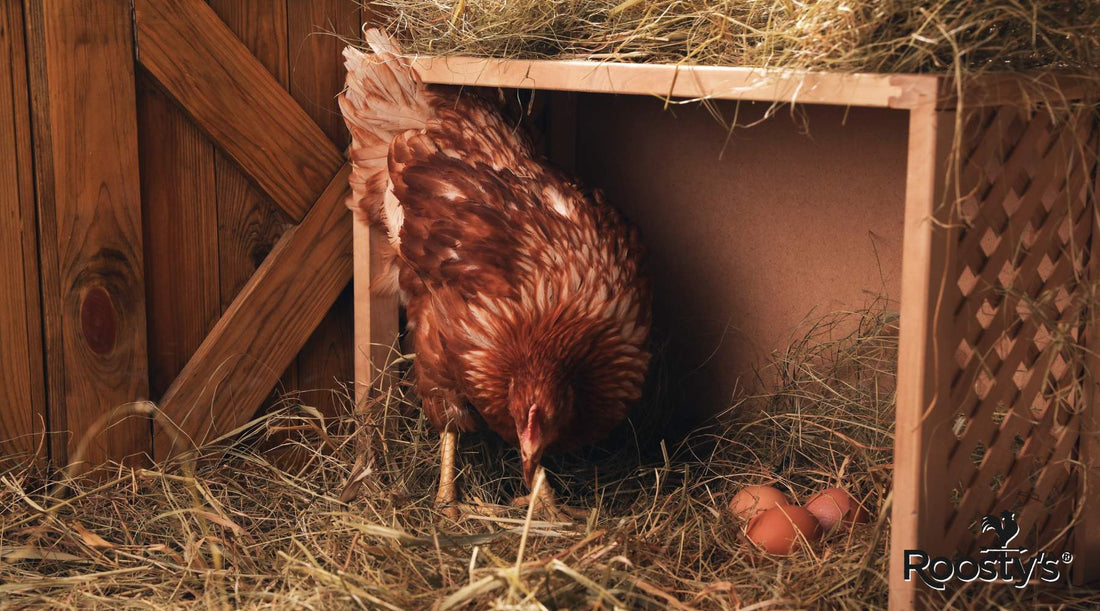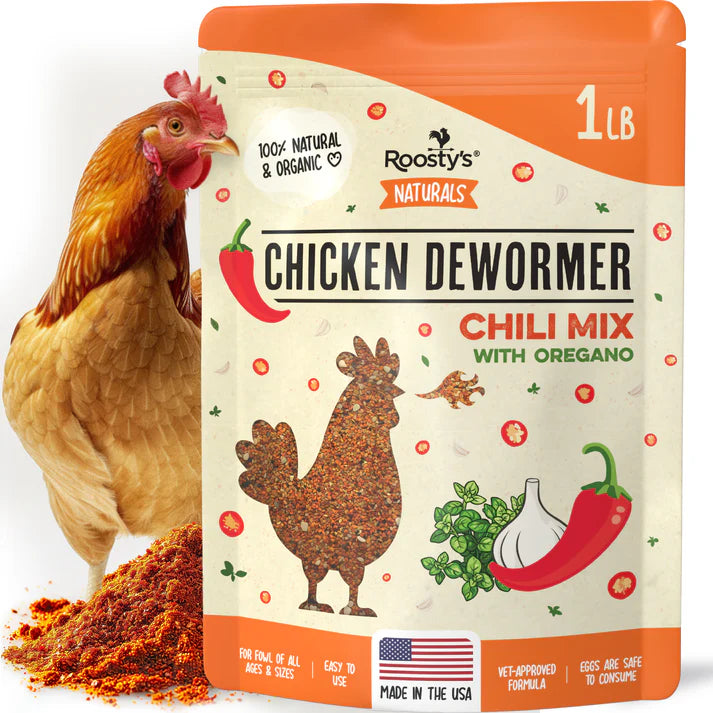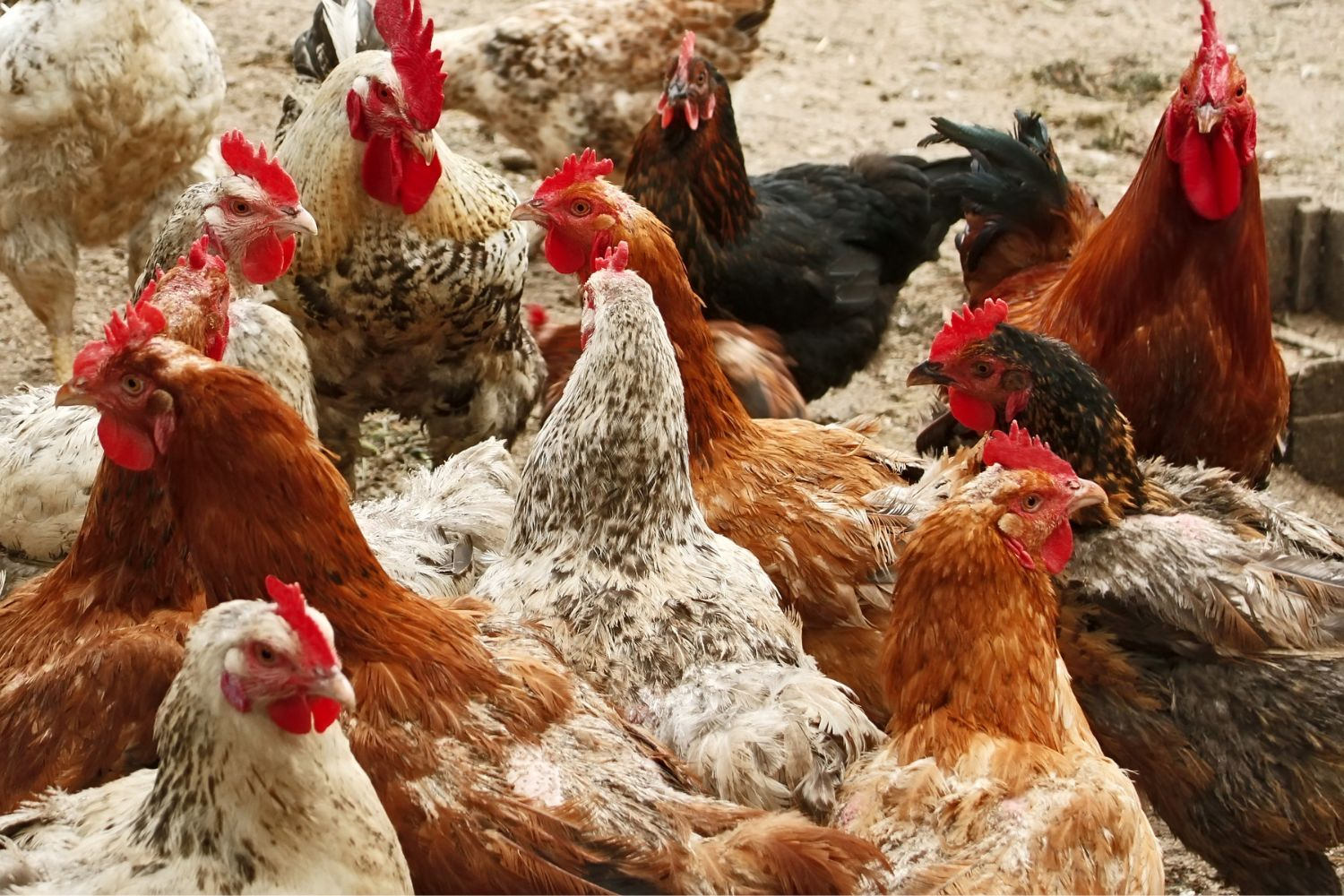
Build the Perfect Chicken Coop with a Nesting Box

Like many other animals, chickens care enormously about their surroundings. Slight environmental changes can lead to prodigious swings in their productivity, health, and mood.
For this reason, building the perfect chicken coop with a nesting box add-on should be a priority. Getting it right may help birds lay more eggs and get sick less often.
Fortunately, we can help. This post provides a step-by-step guide on how to build chicken coop nesting boxes with detailed information on three- and four-box coops.
We discuss how to keep your chickens happy and comfortable in egg-laying areas of your hen house with state-of-the-art advice, plus DIY tips.
Why Build A Chicken Coop with Nesting Boxes
But first, why build a chicken coop with nesting boxes in the first place? Several reasons.
First, nesting boxes provide a single space for chickens to lay their eggs. Owners can quickly collect eggs, preventing them from being scattered.
Second, nesting boxes prevent chickens from seeking natural alcoves to lay eggs where they might be at risk of predators. Attaching them to the coop means birds can find shelter as soon as they feel broody without putting themselves in danger.
Third, nesting boxes prevent eggs from breaking. You can equip them with soft, washable pads to keep them intact, even if they fall through a thick layer of bedding.
Finally, nesting boxes make chickens feel safe and secure, which can increase laying rates. Chickens feel safe and secure, allowing them to get on with what they do best.
Step-by-Step Guide: Building a Chicken Nesting Box

There are several ways to build a chicken nesting box. Which you choose depends on your current setup and personal preferences.
For the sake of simplicity, we describe how to build a chicken nesting box from regular plywood.
Here’s what to do:
Step 1: Collect Your Materials
The first step is to choose your materials. You’ll require a saw, screws, nails, screwdriver, plywood (or another type of lumber), latch, hinges, pencil, and measuring tape.
Step 2: Measure The Wood
The next step is to measure the wood to make a box roughly one foot cubed. Most 12-inch pieces are 4 inches wide, so you’ll need three to cover one side.
Step 3: Form The Shape Of A Nesting Box
Next, form the shape of a nesting box and use screws or nails to hold the wooden panels together. Ensure the tips of any fastenings remain embedded in the wood to avoid harming your birds.
Step 4: Add The Lid
Once you have the five sides of the box in place, the next step is to add the lid. Start by installing the hinges along one side and then screw them into the lid section. Adding hinges makes it easy to open and close while protecting any chickens inside.
Step 5: Add A Latch
Next, you’ll want to add the latch. This element makes it harder for predators to get in.
Step 6: Fit Your Nesting Box To Your Coop
After that, attach your nesting box to your coop. Position it to minimize the risk from predators and enhance security for your birds.
Step 7: Add Bedding
Finally, add hay or bedding to the box and encourage your hens to use it. They’ll love it once they settle in!
Nesting Boxes on a Chicken House: A DIY Guide
- Choose where you’ll attach your nesting box. Hens usually want to lay in a quiet area, so always place nesting boxes away from any doors or openings.
- Mark out the area the nesting box will connect to the chicken house with a pencil. Measure the size of the interface first.
- Cut out the holes on the coop for chickens to enter
- Attach the nesting boxes, ensuring they are level. Secure them with screws or nails.
- Test additional elements, like the lid or latch.
Maximizing Nesting Space: Chicken Coop with 4 Boxes
A chicken coop with 4 nesting boxes has enough space for around 20 laying hens. As such, these designs are popular among owners serious about keeping large flocks.
Chicken coops with four nesting boxes usually have two chambers on each side containing two separate nesting sections. Increasing the length of the boxes and placing wood dividers between each block increases the number of available nesting units.
But the design usually requires placing nesting boxes on both sides, which can make it awkward to add a run
Space-Saving Ideas: Chicken Coop with 3 Nesting Boxes
A chicken coop with 3 nesting boxes solves this problem by placing the main box on one side and dividing it into three sections. Triple nest box egg hutches are popular. Order them online or make them yourself.
Arranging chickens in this format is like bunk beds in a children’s bedroom. It helps to pack them in.
Outside the Coop: Building Chicken Nesting Boxes
Finally, you can learn how to build nesting boxes outside the chicken house. These are a good option if you’ve run out of space on your coop or want a simple solution you can place in an enclosed run.
External nesting boxes don’t provide the same level of protection as internal ones. However, they do provide warmth and a quiet place to go when your birds feel broody.
Ensuring Comfort: Building the Perfect Nesting Box

Finally, here are some quick tips for ensuring comfort and building the perfect nesting box:
- Make your nesting box at least one foot cubed (12” x 12” x 12”) or larger, if you have big hens
- Pack it with plenty of insulating bedding, such as straw or hay
- Ensure it has adequate ventilation to avoid mold and condensation
- Tilt the nesting box slightly backward to prevent eggs from rolling out
- Elevate the box so it is off the floor
- Make sure you place the nesting box in the quietest part of the coop or run
Now You Know How To Build The Perfect Chicken Coop With Nesting Box
So, there you have it: how to build a nesting box for a chicken coop.
We learned:
- Why nesting boxes are essential for your coop
- A step-by-step process for building a nesting box
- How to attach a nesting box to an existing coop
- When and why you might need 3- and 4-box hen houses
- Tips for constructing the perfect boxes
Just remember, nesting boxes need to be strong. Predators, including raccoons and foxes, shouldn’t be able to get in easily and harm your chickens.








